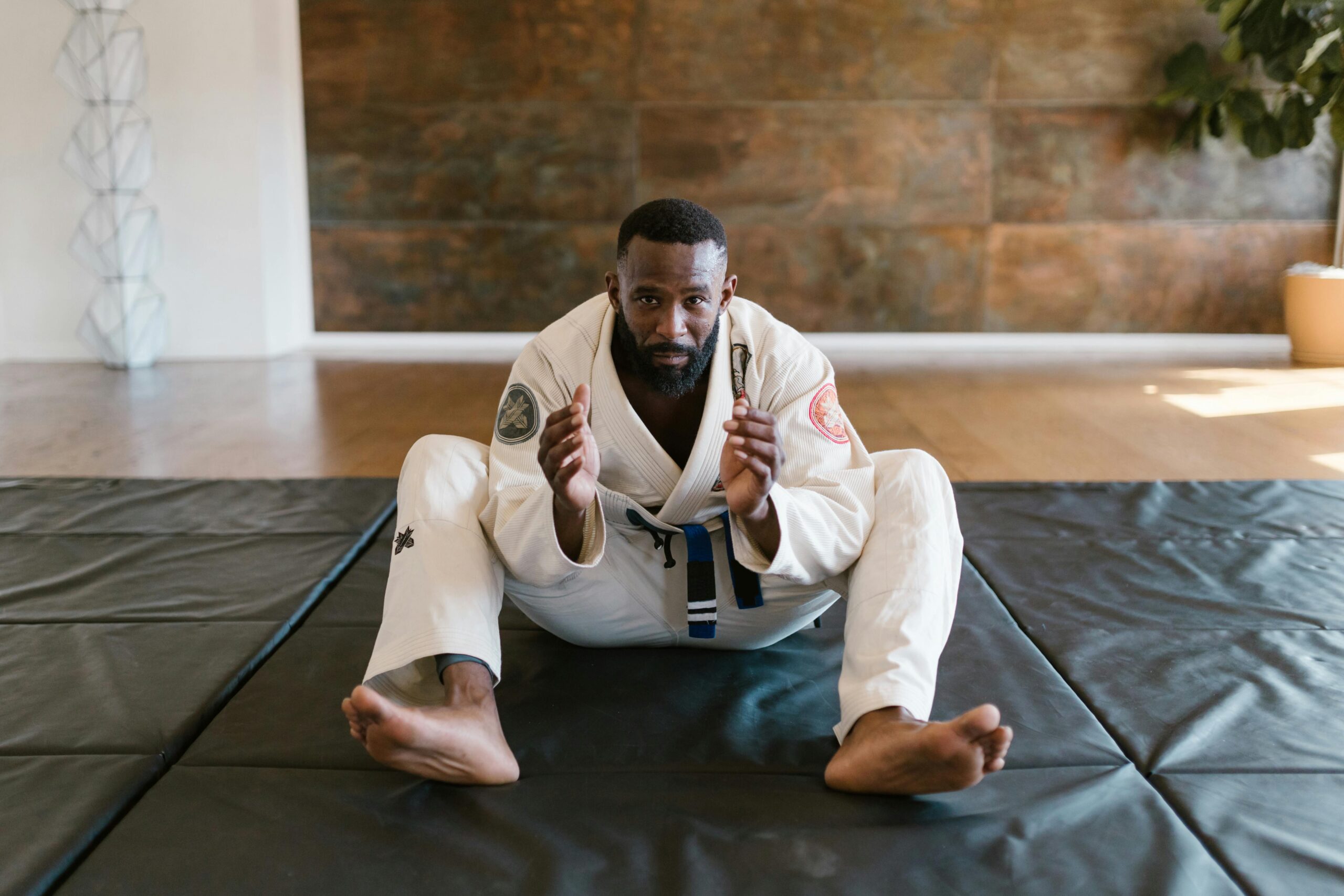Training Brazilian Jiu-Jitsu (BJJ) is a deep passion for many—including myself.
But when you’re dealing with Central Serous Retinopathy (CSR), you have to start asking tough questions:
Is it safe?
How hard can I roll?
Am I making my condition worse?
Here’s what I’ve learned about managing CSR while staying connected to the art of Jiu-Jitsu—and how you can pivot your training smartly without sacrificing your love for the sport.
1. CSR Is Stress-Triggered—And Rolling Can Be Both Healing and Harmful
CSR flare-ups are heavily tied to stress and cortisol levels.
Jiu-Jitsu is a paradox:
- It relieves mental stress through physical flow.
- But it can also raise cortisol sharply during hard sparring, intense competition, or frustration.
Lesson:
Rolling lightly, flowing, and emphasizing technique over ego helps keep the body’s stress response stable.
Training Tip:
- Prefer flow rolls over heavy competitive rounds
- Skip high-stakes sparring during CSR flare phases
- Stay conscious of your breathing and tension level mid-roll
2. Inverted Positions and Eye Pressure Are a Risk Factor
When you invert—especially during moves like Granby rolls, inversions, or getting stacked hard—there’s increased blood pressure toward the head and eyes.
This can potentially worsen CSR symptoms if fluid pressure behind the retina is already unstable.
Training Tip:
- Limit long periods of inversion
- Bail early from uncomfortable stacked positions
- Train under partners who prioritize control, not crushing force
3. Straining and Breath-Holding During Grappling Can Spike Intraocular Pressure
Holding your breath when escaping a choke or tensing up under heavy pressure raises your internal pressure—including in your eyes.
In CSR management, minimizing intraocular pressure spikes is critical.
Training Tip:
- Practice slow, deliberate breathing under stress
- Train yourself to exhale during effort (shrimping, escaping, bridging)
- Focus on calmness even during defensive rounds
4. Chronic Stress from Competition Prep May Be a Hidden Trigger
If you’re prepping for tournaments, you’re not just rolling more—you’re cutting weight, managing expectations, pushing limits.
This creates a compound stress load that CSR-prone individuals must respect.
Training Tip:
- Carefully assess your stress outside the gym
- Focus on technical growth, not ego-driven competition
- Take rest weeks seriously—especially after hard camps
5. Jiu-Jitsu Can Be Healing—When Approached Correctly
Despite the risks, I believe Jiu-Jitsu saved me in many ways:
- It forced me to breathe.
- It taught me to let go of control.
- It gave me a moving meditation practice.
When approached wisely, BJJ can help lower cortisol, teach mindfulness, and restore balance—three keys for managing CSR long-term.
Training Tip:
- Roll for flow, not domination
- Choose training partners who are safe, controlled, and aware
- Listen to your body—and your vision—over your pride
Final Takeaway
Jiu-Jitsu doesn’t have to be all or nothing when you’re living with CSR.
But it does have to be mindful.
Protect your eyes the same way you protect your neck:
- Stay calm under pressure
- Breathe through the storm
- Know when to tap and live to roll another day
Because the real fight isn’t just on the mat—it’s preserving your long-term health while still doing what you love.



